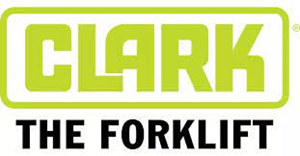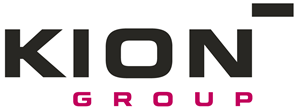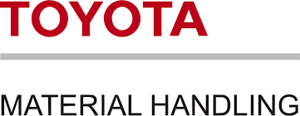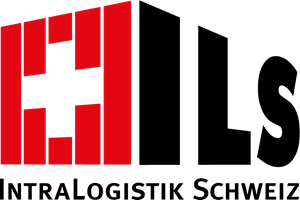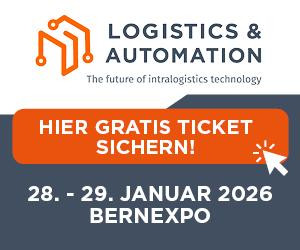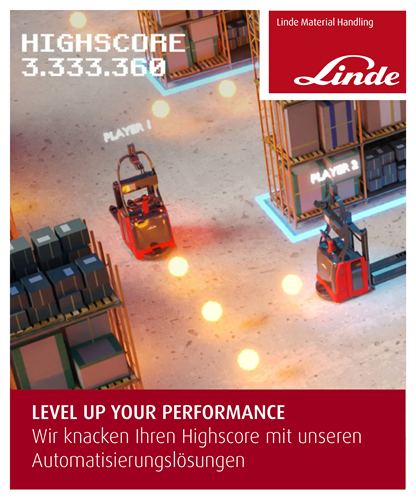WWW.LOGISTICSINNOVATION.ORG

The online magazine for Switzerland, the EU and the rest of the world
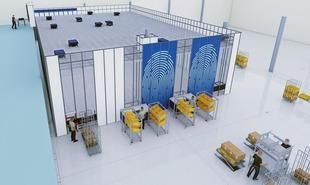
AutoStore for Belgian hospitals
November 22, 2025
AutoStore system for Maria Middelares, a non-profit medical organization in Belgium, and Aalter in East Flanders, about 60 km west of Brussels.
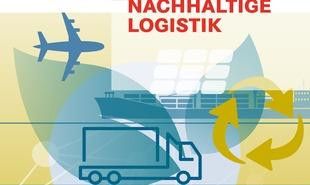
Reliable data instead of empty phrases.
November 21, 2025
The Basel Logistics Cluster of the Basel Chamber of Commerce (HKBB), together with the cantons of Basel-Stadt and Basel-Landschaft, industry associations, and infrastructure operators, has published a guide to sustainable logistics in the Basel region. Supply chain expert Daniel Bubendorf explains why such a guide is needed.
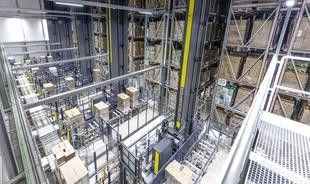
They were ahead in doubles with Exyz.
November 21, 2025
Equipped with double-deep load handling devices, six SSI Exyz storage and retrieval machines achieve up to 28 double cycles per hour in a six-aisle, 42-meter-high high-bay warehouse implemented at the Danish non-food retailer Schou . At peak times, up to 2,520 transport units per day can be processed.

Future Prize for Fuel Cell Trucks
November 20, 2025
A fuel cell system from Bosch, whose three developers Christoffer Uhr, Kai Weeber, and Pierre Andrieu were awarded the Future Prize for Technology and Innovation in Berlin on Wednesday evening , weighs around 4 tons less than a comparable battery-electric drive system. A decisive advantage.
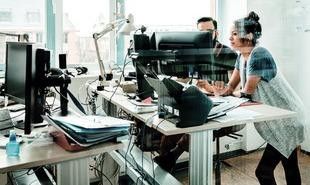
All clear for exports?
November 20, 2025
The Swiss export sector has suffered greatly since August under the 39% tariff imposed by the US. Now the rate is to be reduced back to 15%. In return, at least US$200 billion in investments are expected to flow into the United States over the next few years.

AI control does not replace a sense of reality.
November 19, 2025
Those who spoke about peak load reduction, AI and intelligent battery systems in Cologne, in the presence of experts from Switzerland and the , had a good chance of success at the cold forum of the German Frozen Food Institute (dti) and the Association of German Cold Logistics Companies (VDKL).
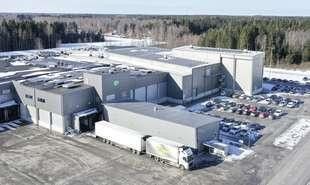
Shuttle technology for the fresh salad
November 17, 2025
There you have it – in the most modern salad factory in the northern hemisphere. Everything is perfectly organized in the highly automated storage solution that SSI Schäfer implemented for "Fresh Servant," the market leader in ready-to-eat vegetable mixes, in Edsevö, Finland. Even more than that.

Perfect landing in the parallel world
November 17, 2025
“Who among you has ever put an AGV into operation?” asks Christoph Hock, head of software at Linde MH, addressing the approximately 75 attendees – until a young consultant from Lugano volunteers. He is allowed to send the upgraded L-Matic into operation .
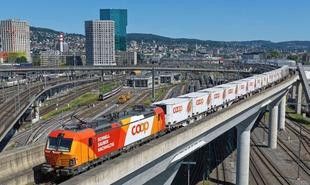
Coop delivers to Zurich by rail
November 12, 2025
Coop has opened a new rail transshipment hub in the heart of Zurich. The company now supplies the metropolis on the Limmat River by freight train, thus saving the urban center an estimated 58,000 truck journeys per year . A success for its own "Railcare" division.
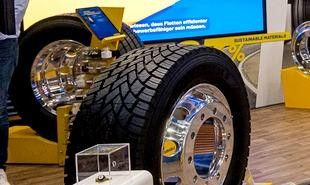
Reduce rolling resistance
November 12, 2025
Amidst the discussion about new drive systems, it's easy to forget that there are other vehicle components that also contribute significantly to reducing CO2 emissions. Tire manufacturer Goodyear offers up to 13% lower rolling resistance with its " Kmax Gen-3 " .
“Brownfield” or “Greenfield”?
WAGNER Switzerland AG
“Brownfield” or “Greenfield”?
October 12, 2022
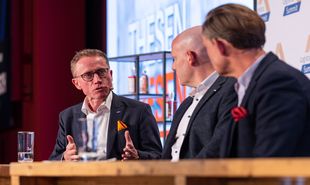
Still took advantage of the new format of the "Logistics Summit," which conveniently took place the previous week in Hamburg, to formulate pointed theses on automation and the circular economy "at the counter," as he did last year. The shortage of skilled workers is driving automation, he said. And "brownfield" is becoming a trend with "AI."
The term "brownfield," new to some, describes systems that integrate into an existing environment by adapting intelligently. The much-cited "artificial intelligence" is playing a valuable role here. With learning software algorithms, robotic systems are increasingly able to navigate conventional facilities without having to completely demolish the existing warehouse environment and turn everything upside down with expensive investments.
"Greenfield," often used by SAP, for example, when setting up completely new software to avoid the laborious task of adapting to existing structures, would therefore involve the introduction of entirely new systems, installations, and components without having to consider existing structures—a fresh start from scratch, so to speak. Many companies have shied away from this approach—not entirely without justification.
Following the successful premiere of the talk format in Berlin last year, Still performed two segments on the main stage at the CCH Hamburg Convention Center. The main driver for new automation projects is the shortage of skilled workers, which will not change in the long term, according to Frank Müller, Head of Brand Management at Still EMEA.
Against this backdrop, Marten Bosselmann, Chairman of the German Federal Association of Parcel and Express Logistics (BIEK), had the opportunity to put forward the thesis: "Anyone who fails to think of humans and machines as one when it comes to automation hasn't understood the future of logistics." In his view, labor shortages and rising personnel costs also make the automation of parcel centers unavoidable. The goal is not to lay off staff, but to reduce their workload.
The fact that many managers are currently rethinking their approach is also due to the fact that automation is becoming more affordable, Müller explains. In existing plants, automation projects will soon be possible in a short time and without major changes. "Brownfield" is becoming the trend, he says.
This is also a good opportunity to once again announce our collaboration with idealworks, the Munich-based specialist for autonomous mobile robots (AMR), known from IFOY. Still is now the international sales and service partner for these autonomous devices, which can independently transport loads of up to 1,000 kg.
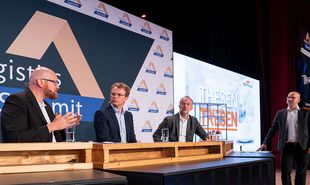 Photos: Still / Impact
Photos: Still / Impact
According to Florian Menold, projects with AMRs that are flexible and easily scalable pay for themselves quickly. According to the Managing Director for France at the pfenning logistics group, the situation is different for larger projects. Given the ever-shortening contract terms with customers, these are a challenge for contract logistics providers. According to Menold, large projects often only pay for themselves after five years. To enable contract logistics providers to easily integrate new customers with different goods into the logistics network, the manager would like more flexibility. "Automation is not yet flexible enough," he argued.
Intralogistics companies – and their customers – also need to rethink the topic of circularity. This was emphasized by scientist Christoph Küffner from Friedrich-Alexander University Erlangen-Nuremberg in the second talk. "Climate protection begins today – there is no business as usual," the researcher emphasized. He predicted that in the coming years, more and more companies in logistics will operate according to the cradle-to-cradle circular economy principle.
Karl Knipfelberg reported that a rethink has already taken place at Still: "The future RXE is the first forklift truck to be designed in a circular manner," said the Vice President of Counterbalance & Energy at Kion ITS EMEA. According to a concept study, this could lead to carbon dioxide savings in the double-digit percentage range. "Sustainability measures only stabilize what already exists. Companies must implement an effective, functioning material cycle," he said. However, circularity must always be considered holistically – from product design through the supply chain, production, and customer use to reuse.
This philosophy is also finding its way into the commercial vehicle sector, as confirmed by Frank Albers, Managing Director of Sales & Marketing at Fahrzeugwerk Bernard Krone. Even during trailer design, consideration is given to everything from use to disposal. Key factors include weight, aerodynamics, and the reuse of materials after a trailer's first life, which lasts an average of eight years. An electric axle was also recently introduced there.
The feedback on the new “Theses at the Counter” has been extremely positive, says Frank Müller.
online here in the coming days
